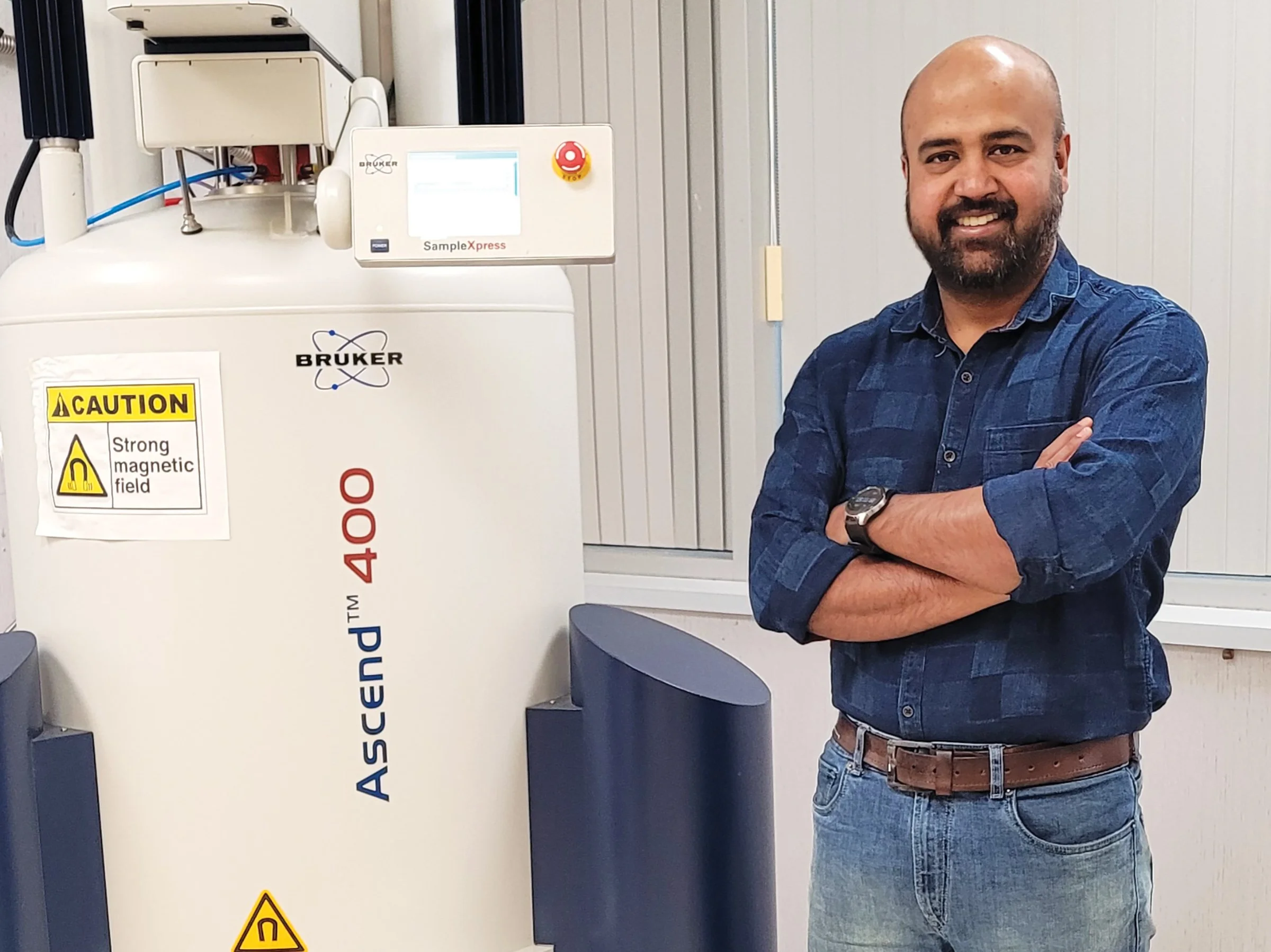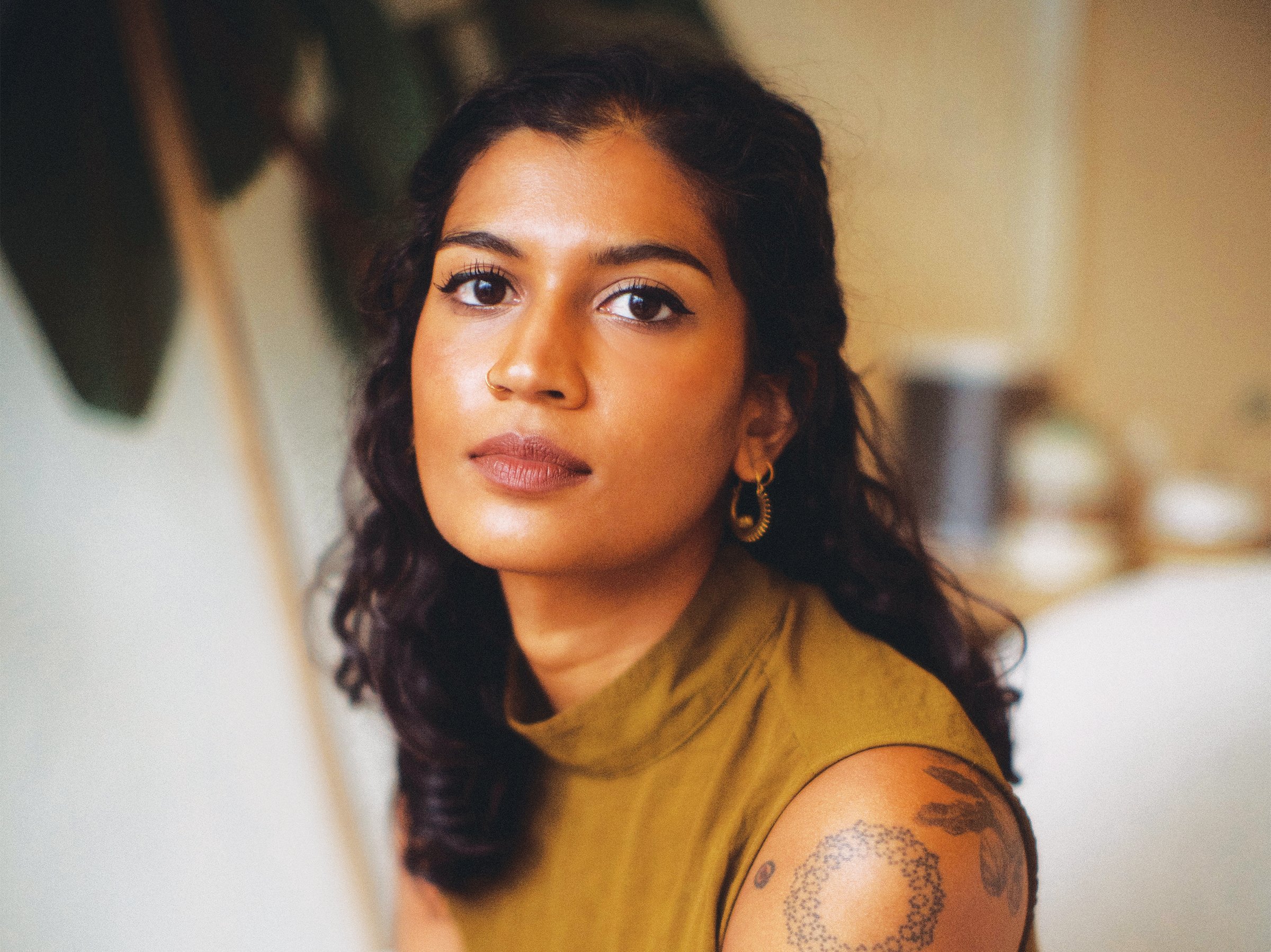COVER STORY
SUCCESS, ON THEIR OWN TERMS
By SHAGORIKA EASWAR
Margaret Atwood was in conversation with Elamin Abdelmahmoud (culture and politics commentator, broadcaster and author of Son of Elsewhere) at the launch of her memoir presented by Toronto International Festival of Authors (TIFA) last month. Reminiscing about her family, she said she didn’t get into serious trouble when she didn’t make curfew, but her parents were anxious when she said she wanted to be a writer. “Why?” asked Abdelmahmoud. “Well, I would be, too,” she admitted. Because then, as now, and here, as in the countries we come from, the script that plays out in our homes is pretty similar. Writing, painting, dancing, singing... these are all fine and nice to pursue. As hobbies, not as career paths. Doctor, engineer, lawyer, and now, in recent years, IT professional, these are what parents dream their kids will become. For their own good. And of course they mean well, they have navigated life as first-generation immigrants and wish for an obstacle-free life for their kids. And yet, in my 20 years of interviewing Grant’s Desi Achievers I have come to realize that in one form or another they all forged their own path. In every possible field. In STEM, if that’s where their passion led them, but equally, in the fine arts. And in doing so, they showed the way to countless others. They faced rejections, opposition at home, perhaps, difficulties in finding meaningful employment, discrimination at the workplace due to their gender or ethnicity, in varying degrees. But they persevered. It’s how we respond to challenges that defines us, could be their collective message. Peter Mielzynski Jr, Board Director at PMA Canada, the sponsor of the Grant’s Desi Achievers Awards, recalls his own father’s journey in Canada. The strength and the entrepreneurial spirit it took to establish a business in a new country. “Each of these individuals represent the highest qualities in personal and professional lives. They are the best illustration there could be of all the positives of Canadian inclusivity,” he says.
“PAINT WHAT YOU WANT TO, NOT WHAT YOU THINK WILL SELL.”
Sarinder Dhaliwal, artist.
Sarindar Dhaliwal has made significant contributions to the Canadian art scene. With exhibitions at premier art galleries across Canada and in other countries and with her work being acquired by collectors, she’s a name to be reckoned with, but getting to this point involved overcoming several obstacles.
As a child of immigrants. As an artist of colour. As a woman.
“People liked my work, ordinary people, because it was beautiful,” she says. “But in the arts circles, it was not seen as having much ‘weight’ because of the content, the themes. Women of colour, specially, deal with a lot with memory, migration, and issues of identity, and those were never accepted until the 90s. The arts world likes things that they see as ‘serious’. Now, I am happy to see, there’s a huge amount of interest in diverse forms of art, in different stories.
“The initial inspiration for many of my works is rooted in childhood memory. An immigrant child in a racist society, being tethered to your parents’ desires that don’t quite line up with yours. Since the early 80s, I decided to use my practice as an artist as a psychological canvas to erase a bit of that trauma.”
Dhaliwal left home at the age of 16 to live her life the way she wanted to, pursuing her passion for the arts. Over the years, as her fame grew, after every exhibition, her mother would ask the same question. Did she sell anything? And so Dhaliwal tells artists to do the work they want to do, not what they think people will like.
“Many artists think that their art has value if people buy it. I couldn’t have done my work if I had thought that.”
“HAVE A BIG PICTURE OF YOUR GOALS, AND THEN woRK TOWARDS THAT.”
Dr Arun Krishnamurthy, food scientist.
As science advances, so does the science of adulteration. Peanut shells in cumin, tomato skins in paprika, and toxic dyes in turmeric. What’s a consumer to do?
That’s where food scientist Dr Arun Krishnamurthy comes in. As a nuclear magnetic resonance (NMR) spectroscopist, he oversees analysis of botanical and probiotic test samples through NMR metabolomics. He works with his team at Guelph-based Purity-IQ to conduct research, authenticity testing and provide certification to a whole slew of products.
“We test to see if a product has everything claimed on the label, and also if there’s something that’s not been listed as an ingredient,” says Dr Krishnamurthy. Also responsible for several R&D projects in collaboration with key industry partners and clients, he came into food sleuthing via his interest in research. “It’s impossible to separate science and research from my life. I wanted to solve real world problems, and my current role has direct real time applications and implications. I can help pull bad products from the market – I’m like a food cop!”
His advice for others considering moving to Canada is to come to pursue a passion, not just for the immigration status.
“When they get here, they need a job, a good, healthy life. That can sometimes be difficult to achieve if not backed by passion.
“Work hard – everybody should! Have a big picture of your goals, where you want to be in five years, and ten, and work towards that.
“Find good people, like-minded people. Those who are working towards a common goal and will not distract you from yours. These are not the sole drivers, but go a long way in helping achieve equilibrium and success.”
“IT TAKES TIME. TRUST THAT YOU WILL FIGURE IT OUT.”
Janika Oza, author.
Janika Oza’s debut novel, A History of Burning, was the story of four generations of an Indo-Ugandan family spanning 100 years. Oza grew up wanting to be a writer and was always reading and writing stories from a young age.
She was encouraged to do so by her parents, to pursue what they saw as a hobby. That’s where they, like so many immigrant parents, drew the line, wanting her to get a degree and a ‘real’ job. She recognized that this stemmed from wanting to see a secure future for their children. With a degree in immigration settlement studies, she worked as a refugee settlement worker.
“My passions are all connected,” she says.
And she continued to write. During lunch breaks and on weekends. It was hard for her to think of herself as a writer, she says, because she wasn’t doing it full-time.
She left her job when it was financially possible to do so – after her book deal – and is now focused on her passion.
“Writers of colour are often told, ‘There’s already one of you in the room, there’s no space for you’. What kept me going was a sense of purpose. I have to write, even when it is hard. I feel such an immense satisfaction when I write. I choose to write because it feels right for me. So even if it never got published, I was going to write it. It’s not about being the one token representative, it’s about telling and sharing stories.
“Have patience. It takes time to make a life for yourself. Trust that you will figure it out – I am still trying to figure out how to make it work, but loving every moment of it.
“YOU’RE NOT A SMALL BEING, YOU HAVE TREMENDOUS POTENTIAL.”
Prof Kumar Murty, mathematician.
Professor Vijayakumar Murty, Order of Canada, is one of Canada’s leading mathematicians. A professor at the University of Toronto, he has advanced knowledge in various mathematical fields, including analytic number theory. He is the founder of the Ganita Lab, co-founder of Prata Technologies and PerfectCloud, and former Director of the Fields Institute for Research in Mathematical Sciences.
His interest in mathematics ranges from the pure study of the subject to its applications in data and information security. He helped inform policy decisions in Canada during the COVID pandemic.
Prof Murty is also a renowned scholar of Indian philosophy, deeply rooted in the teachings of Vedanta.
He came to Canada from Andhra Pradesh, India. Though there were issues with the weather, sourcing desi staples for familiar cuisine, and cultural differences, he’s very happy with the way life turned out.
“There was a lot of chance and luck involved, but I had access to knowledge and opportunities to learn math and Indian philosophy. It’s been a very positive journey.”
Prof Murty tells his students to believe in themselves. “You’re not a small being. You have tremendous potential. Try to figure out what brings you the greatest happiness in life and if you follow a path to that, you will succeed, you will be the role model others look to for inspiration.
“What you think about yourself is the single most important factor in your success. Believe that you are a person of great capacity. Say, ‘I can make myself peaceful and successful, and I can do the same for others’.”
“YOU HAVE TO GET OUT OF YOUR COMFORT ZONE TO SUCCEED.”
Dr. Christine Noronha, entomologist.
Dr. Christine Noronha has been recognized as one of the most influential women in Canadian agriculture. When she joined Agriculture and Agri-Food Canada in 2000, she was the only female research scientist at the organization. Now there are five.
“I’m a woman, I’m an immigrant, I belong to a minority. Young women coming to Canada don’t know how far they will go in their careers. When they see other women in certain roles, they see opportunities. Just being here opens the doors to possibilities. I see it as paving the way for others by being true to myself as both a scientist and as a woman.”
Dr Noronha designed a device to trap and control wireworms, the Noronha Elaterid Light Trap, now widely used in Canada. She also developed the corn borer crusher, a mechanical device to crush potato stems and the larvae of the European corn borer hiding inside.
She absorbed a love for science from her mother and when she declared her intention to study entomology, her father didn’t discourage her from following a path not many girls took. Instead, her encouraged her to find a solution to the mosquito problem and work for WHO.
She won a scholarship and came to Canada in 1985 to do her PhD at McGill.
Dr Noronha continues to break down barriers for women in science and agriculture. She tells them to set a goal and work towards it while being open to new ideas.
“You have to get out of your comfort zone to succeed. Challenges help us grow.”






